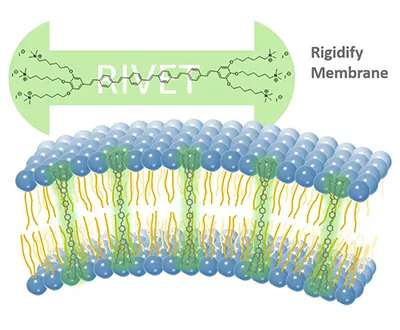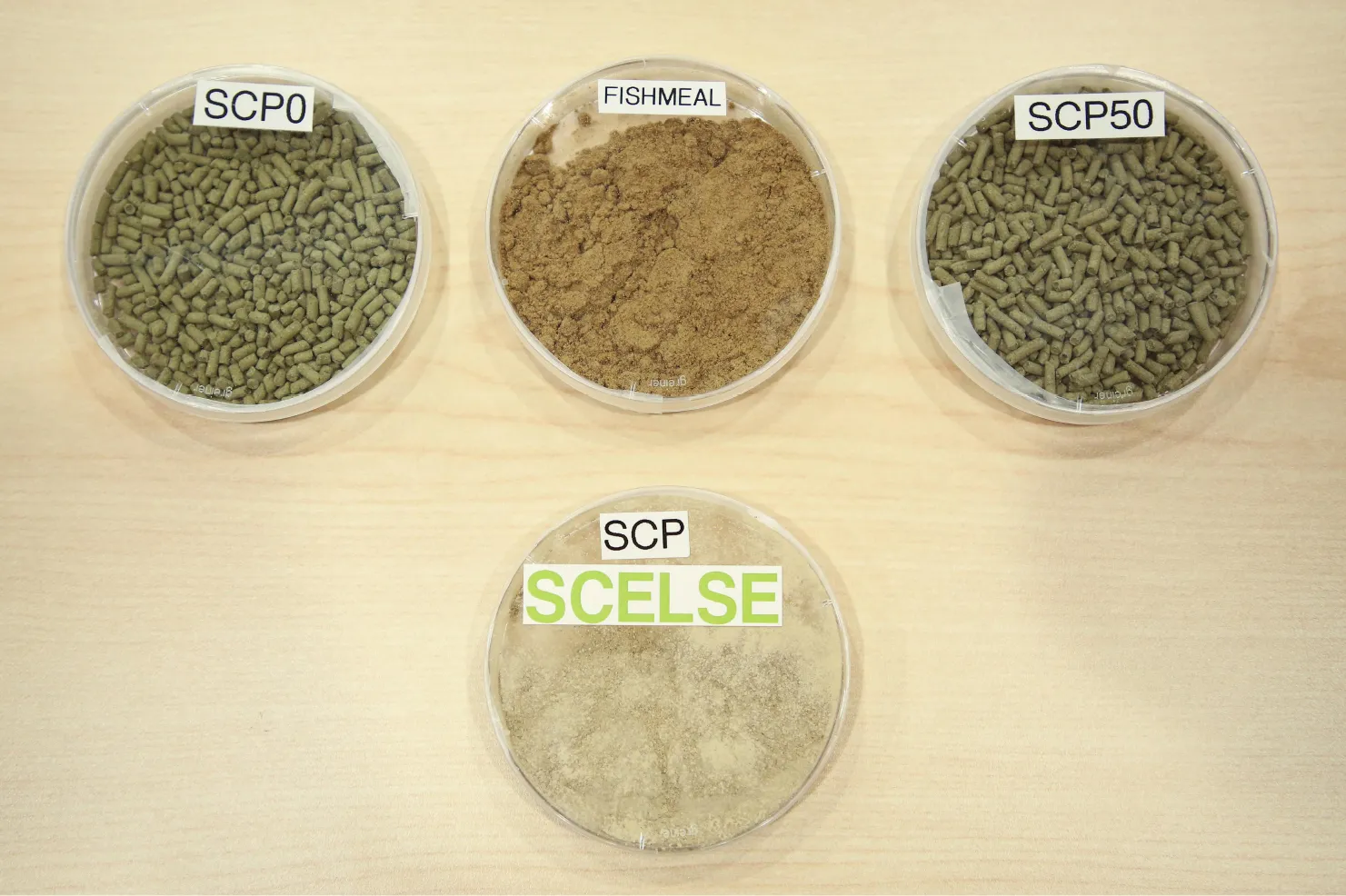Bioprocessing & Circular Economy

About the Research
SCELSE’s Bioprocessing & Circular Economy project centres on understanding biofilm biology to optimise microbial-driven bioprocesses. The research covers both targeted interventions, such as modifying biofilm matrix components, and broader system-wide manipulations to achieve desired outcomes. SCELSE is at the forefront of developing technologies for waste-to-feed applications, including the conversion of food-processing wastewater into sustainable aquaculture feed. Additionally, the research explores microbial solvent production and the creation of probiotic and bioactive delivery systems. SCELSE’s research also explores microbial-driven bioprocesses for producing biofuels and bioactive compounds. This interdisciplinary approach promotes sustainable solutions and aligns with global efforts to promote sustainability.
- Waste-to-feed circular economy applications
- Biofilms for biotechnological applications
- Microbial solvent production
- Probiotic and bioactive delivery systems
- System-wide biofilm manipulations
Programmes and Projects
SCELSE harnesses microbes to power a circular economy—turning waste into nutrition, fuel, and industrial value. From transforming food-processing wastewater into protein-rich aquaculture feed, to boosting biofuel yields and reclaiming solvents with biofilm tech, SCELSE’s innovations support Singapore’s ‘30 by 30’ food goal and drive cleaner, more sustainable solutions across food, energy, and manufacturing.






